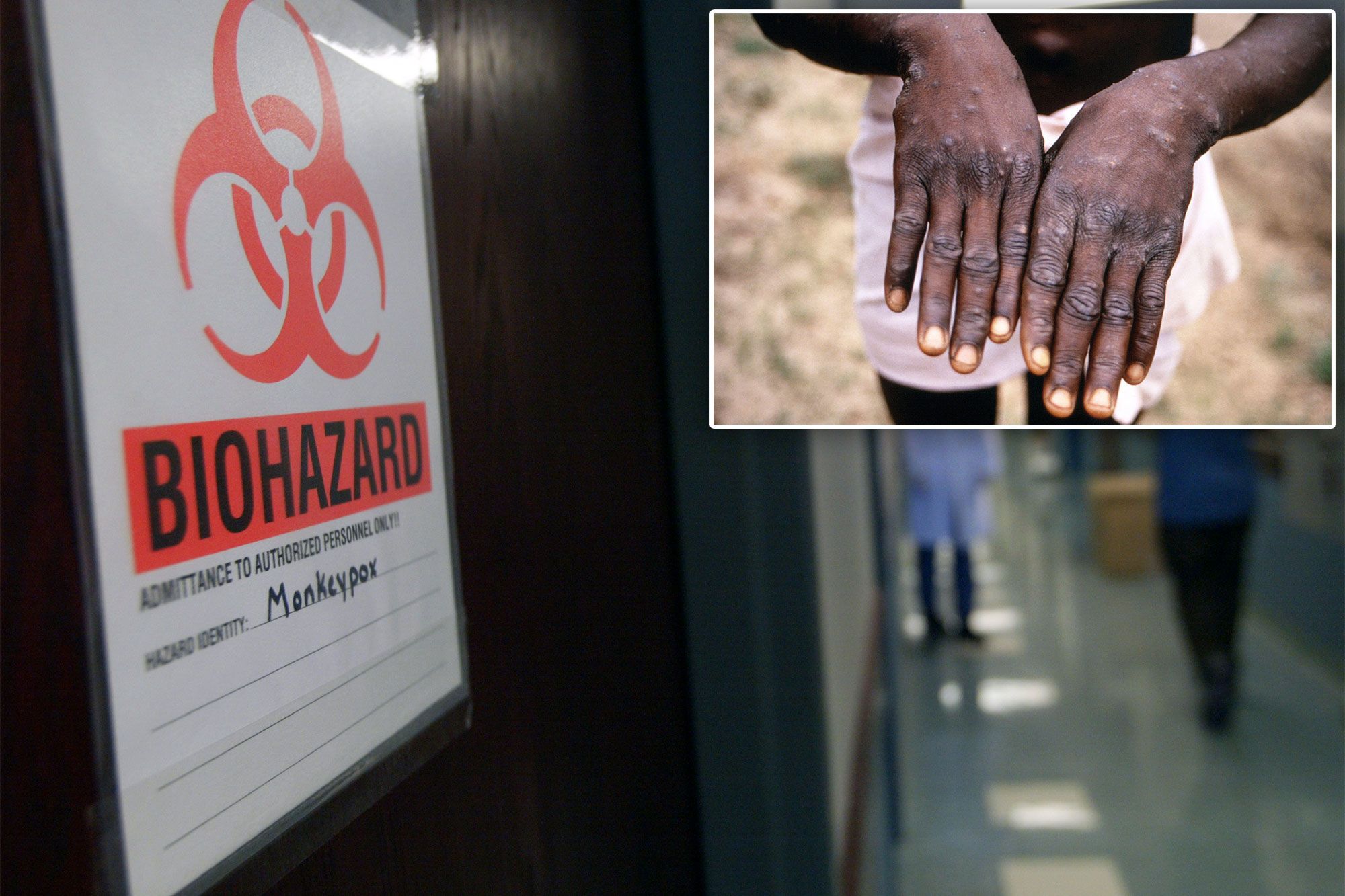
Americans Panic as Texas Man Visits Nigeria, Returns With MonkeyPox
A case of MonkeyPox, a rare but potentially serious viral illness, has been identified in a Texas resident who recently returned from Nigeria.
The U.S Center for Disease Control and Prevention (CDC) says it is working with an unidentified airline as well as state and local health officials to contact passengers who travelled with the patient on two flights — one from Lagos to Atlanta on July 8 and the other from Atlanta to Dallas on July 9.
The CDC thinks that the risk of the patient spreading MonkeyPox to others through respiratory droplets is limited, because travellers on those flights and in the airports in Atlanta and Dallas were required to wear masks to prevent the spread of the novel coronavirus.
Dr. Philip Huang, Director of Dallas County Health and Human Services, says that county health officials are working with state and federal agencies to interview the patient and others who have been in close contact with the person.
“We have determined that there is very little risk to the general public,” Dr. Huang says in a statement. “This is another demonstration of the importance of maintaining a strong public health infrastructure, as we are only a plane ride away from any global infectious disease.”
What is Monkeypox?
Monkeypox is so named because it was first identified in laboratory monkeys.
It is prevalent in Central and Western Africa, although it caused an outbreak in the United States in 2003 after it spread from imported African rodents to pet prairie dogs.
Monkeypox is in the same family of viruses like smallpox.
Symptoms include flu and swelling of the lymph nodes, which develops into rashes on the face and body.
Most infections last two to four weeks.
Infections with the strain of Monkeypox found in Nigeria are fatal in about 1 in 100 people, although rates may be higher in people with weakened immune systems, the CDC adds.
Monkeypox is commonly found in animals such as rats, mice and rabbits and it can infect people when they are bitten or scratched by an animal.
The virus can spread between people through bodily fluids.
There is no specific treatment for Monkeypox at this time.
Monkeypox re-emerged in Nigeria in 2017, after a period of nearly 40 years with no reported cases in Africa’s most populous nation.
Dr. Anne W. Rimoin, a Professor of epidemiology at the U.C.L.A. Fielding School of Public Health, says Monkeypox is not as transmissible as COVID-19 or influenza.
“The risk is low, but this just highlights the fact that an infection anywhere is potentially an infection everywhere.
“This should serve as a reminder that infectious diseases are spilling from animals to humans regularly and that COVID-19 is not the only infectious disease of zoonotic origin that we may worry about in the future,” Rimoin says.

